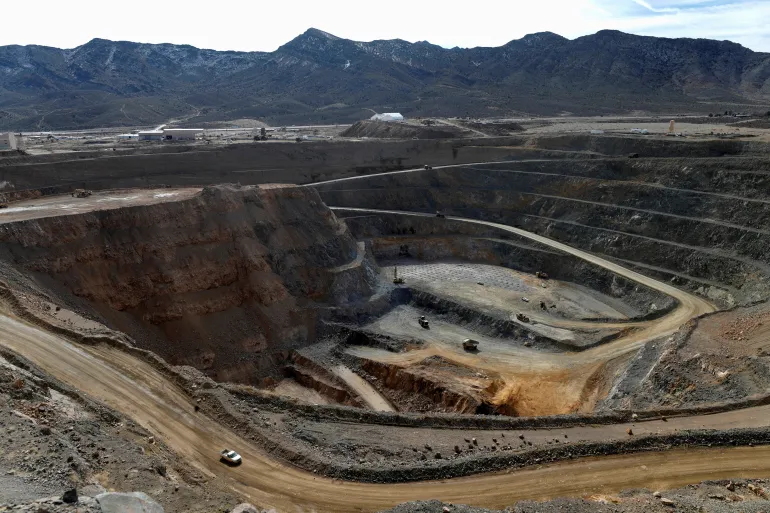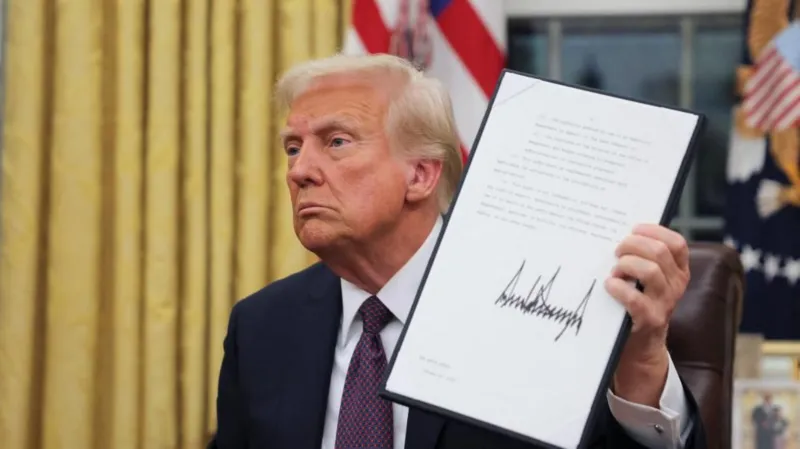The intensifying trade war between the United States and China, fueled by former President Donald Trump’s rhetoric and policies, has raised alarm over a crucial and often-overlooked resource: rare earth elements. These elements, vital to numerous industries including defense, electronics, and renewable energy, are predominantly mined and processed in China, leaving global supply chains vulnerable to disruption.
Rare earths—a group of 17 elements—are essential for manufacturing high-tech products, such as smartphones, electric vehicles, wind turbines, and advanced military hardware. Despite their name, these materials are relatively abundant in the Earth’s crust but are challenging to extract and refine. China’s dominance in this sector is staggering, accounting for over 80% of the world’s rare earth processing capacity.
As tensions between the two superpowers escalated during the trade war, Beijing hinted at leveraging its rare earth monopoly as a geopolitical weapon. Such actions could have profound repercussions, crippling industries reliant on these elements and forcing companies to scramble for alternative suppliers. For the U.S., the reliance on Chinese rare earths has highlighted a critical vulnerability in national security and economic stability.
Trump’s administration identified the rare earths sector as a strategic priority, pushing for increased domestic production and processing capabilities. However, rebuilding a self-reliant supply chain is a monumental task that requires significant investments in mining infrastructure, refining facilities, and technological expertise—an effort that could take years to materialize.
Experts caution that any disruption in the rare earths supply chain would ripple through the global economy. Prices of goods dependent on these materials could skyrocket, slowing innovation and economic growth. Furthermore, alternative sources of rare earths, such as Australia and Malaysia, are not yet equipped to meet global demand at scale.
Efforts to address these vulnerabilities have gained momentum, with initiatives aimed at developing recycling technologies, finding substitutes for rare earths in manufacturing, and establishing partnerships with allies to diversify supply chains. However, these measures are unlikely to yield immediate results, leaving industries and policymakers navigating an uncertain landscape.
The trade war with China underscored a hard truth: economic and geopolitical rivalries are increasingly intertwined with the management of critical resources. For the U.S. and other nations, securing a reliable supply of rare earths is no longer just an industrial concern but a matter of strategic importance.
As the world watches how this saga unfolds, the rare earths supply chain remains a stark reminder of the intricate and fragile interdependencies that define the modern global economy.




















